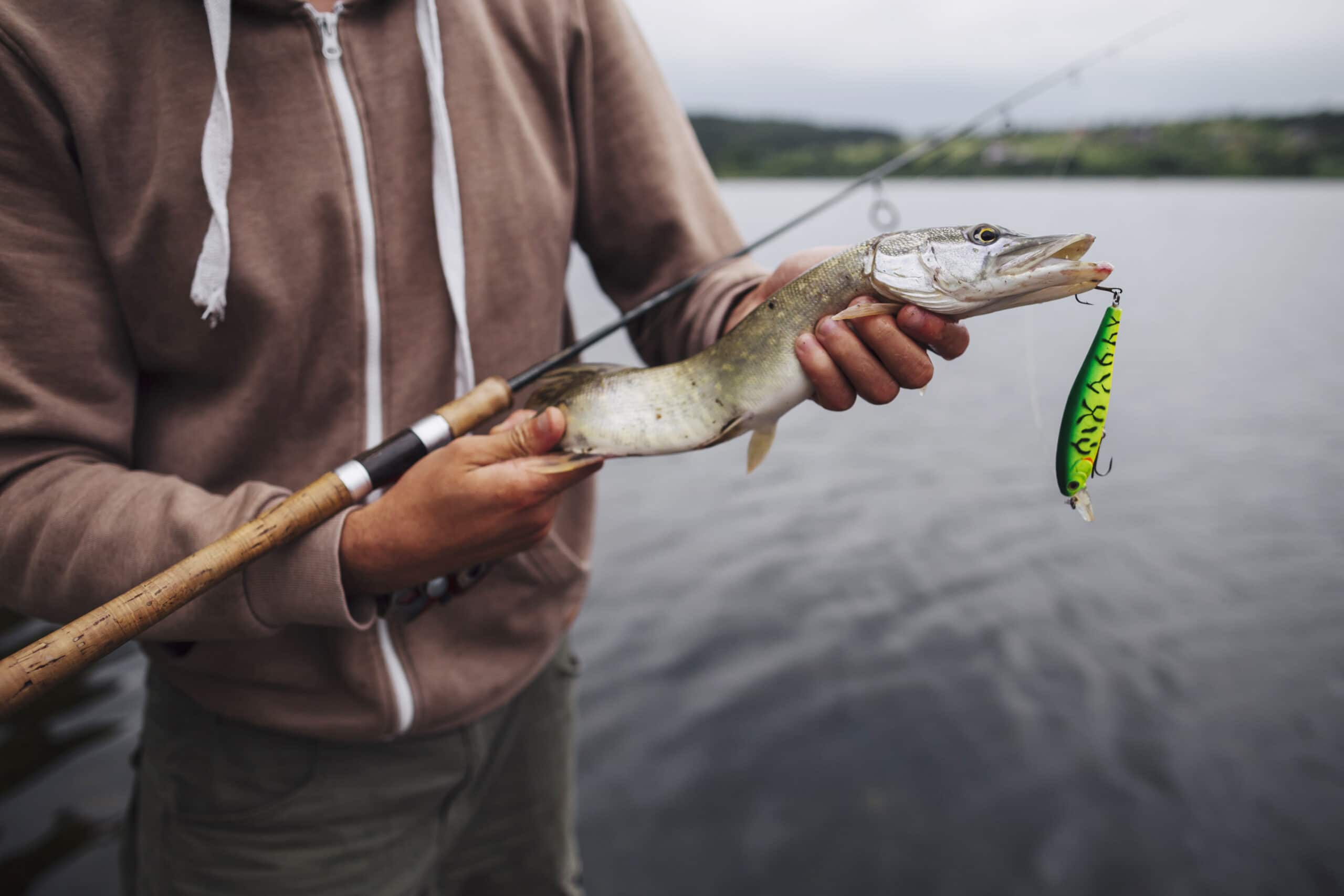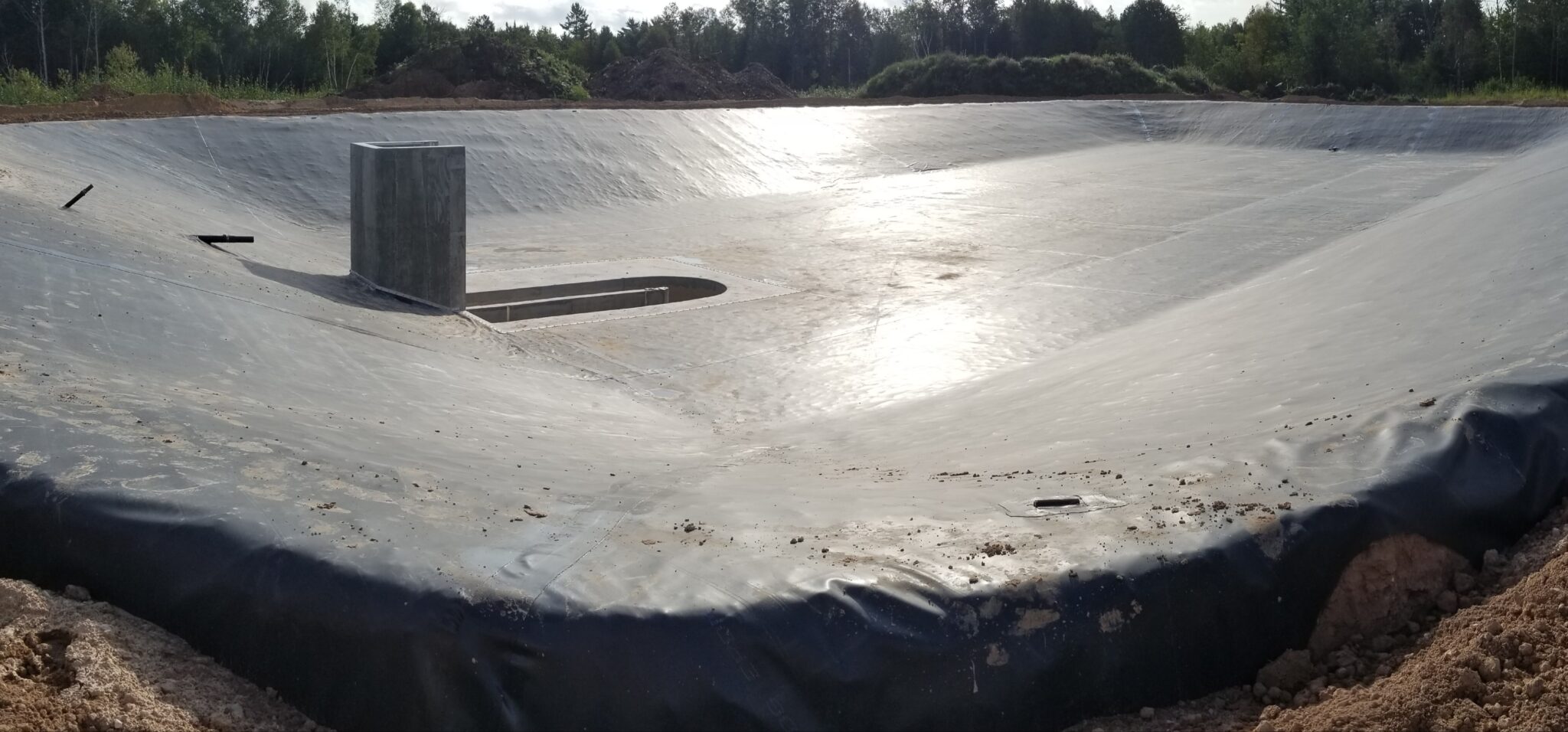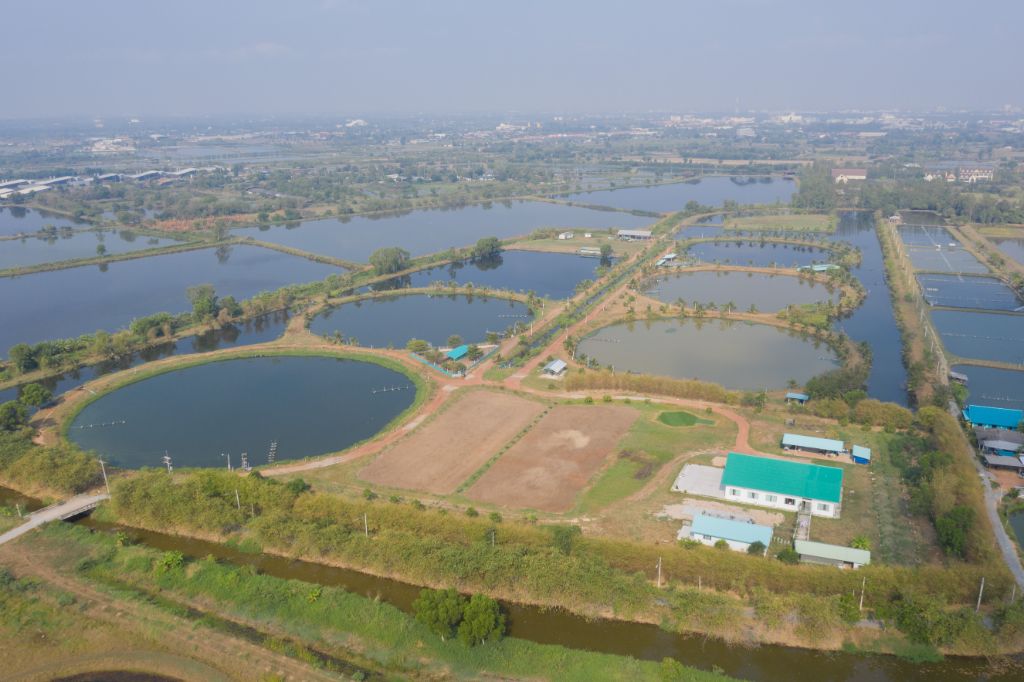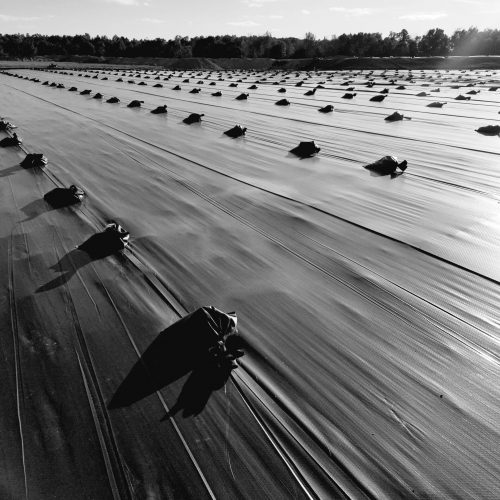Fish hatcheries are the lifeblood of our Nation’s commercial and natural fisheries. They provide a steady supply of fry (baby fish) to supplement lakes, rivers, streams, and commercial fish farms. Factors such as overfishing and invasive species have and will continue to have a detrimental impact on fisheries, which could collapse if not augmented with hatchery stock. Our team at ICS realizes the vital role hatcheries play in today’s world. They not only help put fish on the table, but also contribute to habitat conservation and enhancing recreation opportunities for anglers today, and into the future.

Aiding the Environment
Hatcheries are essential to maintaining the health and biodiversity of our Nation’s natural fisheries. The introduction of invasive species to lakes, rivers and streams has drastically changed the food web in many aquatic ecosystems. Other impacts, such as increased flash-flooding, sediment, and pollutant inputs from stormwater are also contributing to declines in native fish populations. These and other detrimental factors have resulted in imbalanced ecosystems and contributed to the decline and disappearance of some native species from their habitats.Supplementing partially matured stock from hatcheries into waterways can assist in rehabilitating fish populations that are below desired levels. Native stock can also be reintroduced into ecosystems where they have been pushed out altogether by pressures from invasive species. Together with decreasing alien species and pollutant inputs, hatcheries are assisting in restoring ecosystem balance and habitat conservation throughout our Nation’s waterways.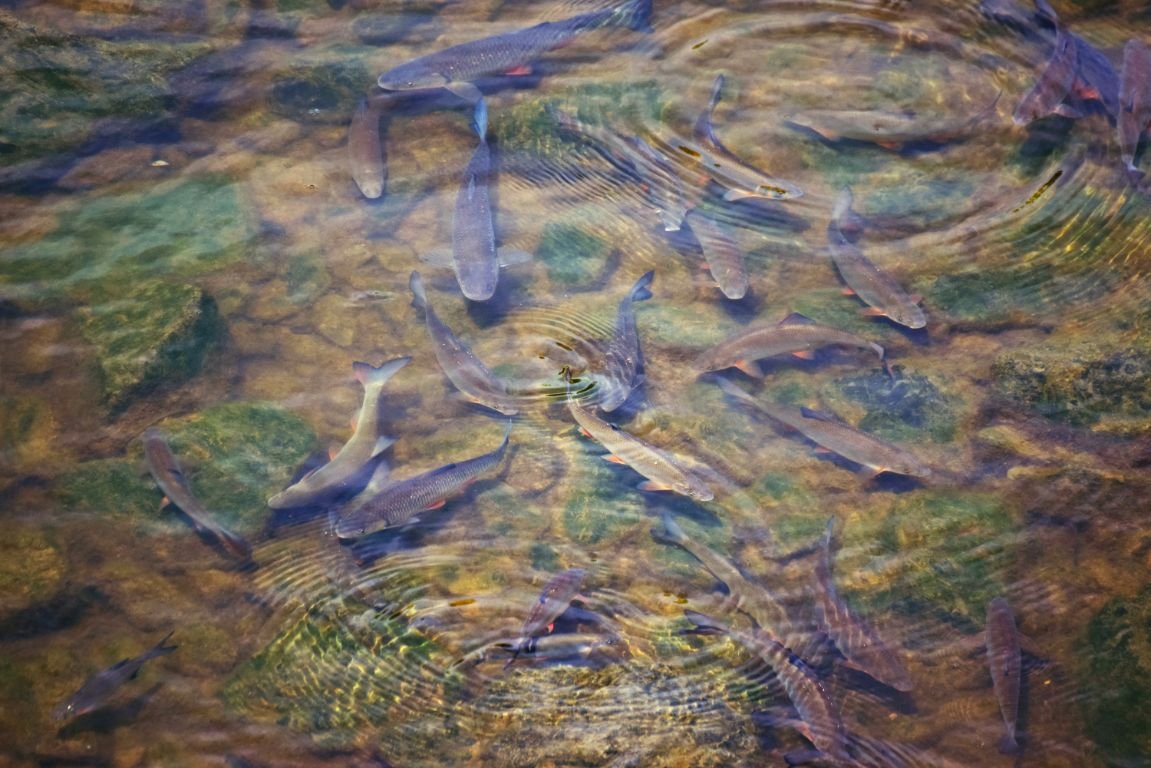
Angler Enjoyment
According to the American Sportfishing Association (ASA), there are around 50 million anglers in the United States each year. The steady supplement of fry from hatcheries directly contributes to robust, balanced ecosystems, and diverse fishing opportunities. This means larger and healthier fish populations for anglers of all ages to enjoy, while boosting fishing related economies. Sport fishing is part of an industry that supports more than 800,000 jobs (ASA). These include providing, manufacturing, or selling of angling products and services, such as hotels, tackle retailers, boat builders, and restaurants.